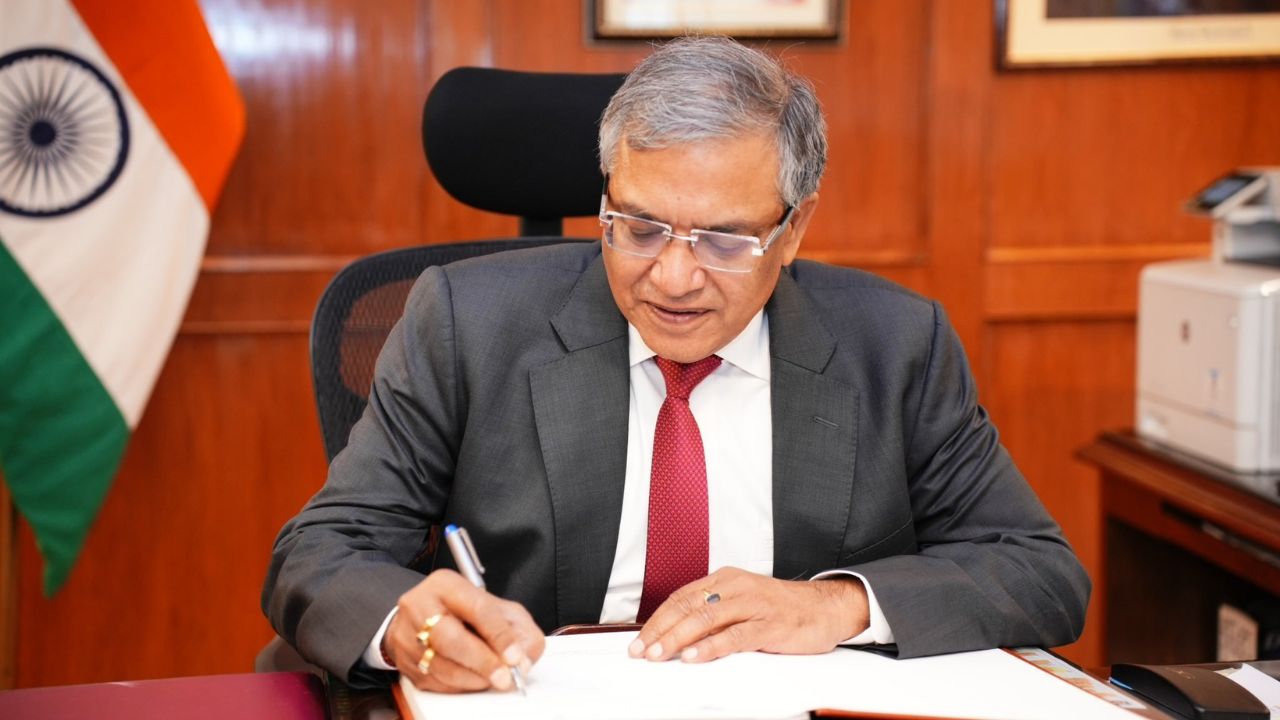 English
English

After questioning the Election Commission’s SIR voter list revision, alleging irregularities, the opposition’s Supreme Court plea saw no relief. Now, the INDIA alliance plans impeachment proceedings against CEC Gyanesh Kumar, accusing the poll body of compromising electoral fairness. But the question about his removal remains inconclusive. Will opposition be really able to bring an impeachment motion against him? If it can, then what’s the whole process?

Opposition Challenges Election Commission’s SIR Drive, Considers Impeachment Against CEC (Image Source: Internet)
New Delhi: Since the advent of Special Intensive Revision (SIR) by the election commission of India, the opposition has doubted the whole campaign and raised many questions regarding the SIR drive, alleging irregularities in the process. Despite approaching the Supreme Court for intervention, the case remains under deliberation, with no favorable outcome so far. Now, escalating its stance, the INDIA alliance is preparing to initiate impeachment proceedings against Chief Election Commissioner (CEC) Gyanesh Kumar, accusing the poll body of undermining electoral integrity.
In Bihar, the Election Commission has started a special investigation (SIR campaign) of the voter list. Along with this, the opposition parties have accused the Election Commission of "vote theft." The opposition coalition (India Alliance) has opened a front against the Election Commission and is demanding the removal of Chief Election Commissioner (CEC) Gyanesh Kumar.
Can the opposition remove the election commissioner?
According to the Indian Constitution, it is very difficult to remove the Chief Election Commissioner. He can only be removed through "impeachment," which is the same process as removing a Supreme Court judge.
What is the process of impeachment?
1. Bringing a motion:
An impeachment motion can be brought in either the Lok Sabha or the Rajya Sabha. To pass this motion, the support of two-thirds of the members of that House is required.
2. Passing in the other house:
If the proposal is passed in the first house, then it is sent to the second house (Lok Sabha or Rajya Sabha). It also has to be passed with a two-thirds majority.
3. President's order:
If both the houses pass the proposal, then the president can order the removal of the chief election commissioner.
Is it easy for the opposition?
No, because the opposition does not have enough numbers in the Parliament to achieve a two-thirds majority in both houses. So far the opposition parties have not formally talked about impeachment, but they are threatening it.
It is very difficult to remove the Chief Election Commissioner, because for this an overwhelming majority of both houses of Parliament is required. The opposition does not have that much strength right now, so this process will probably not move forward.